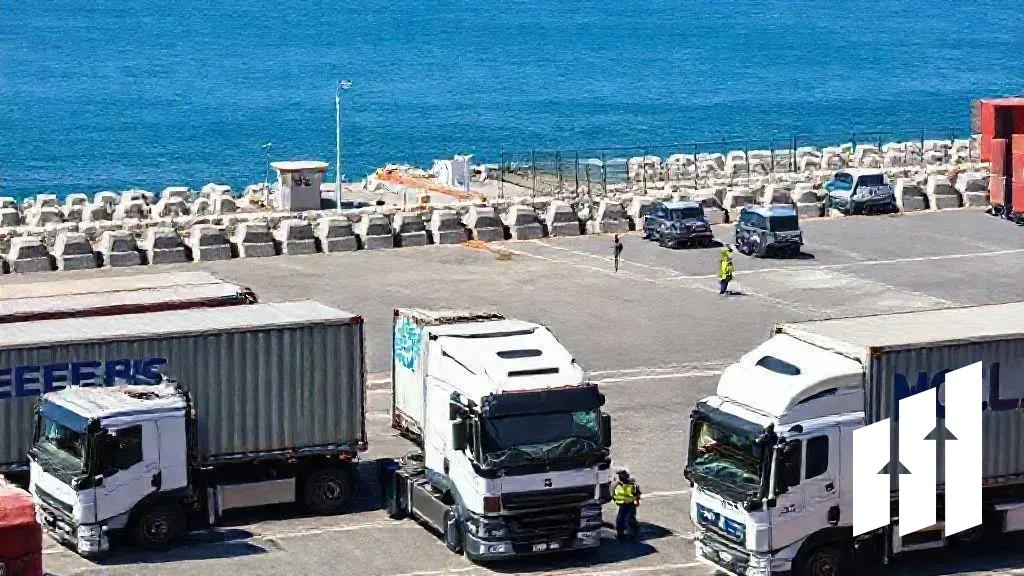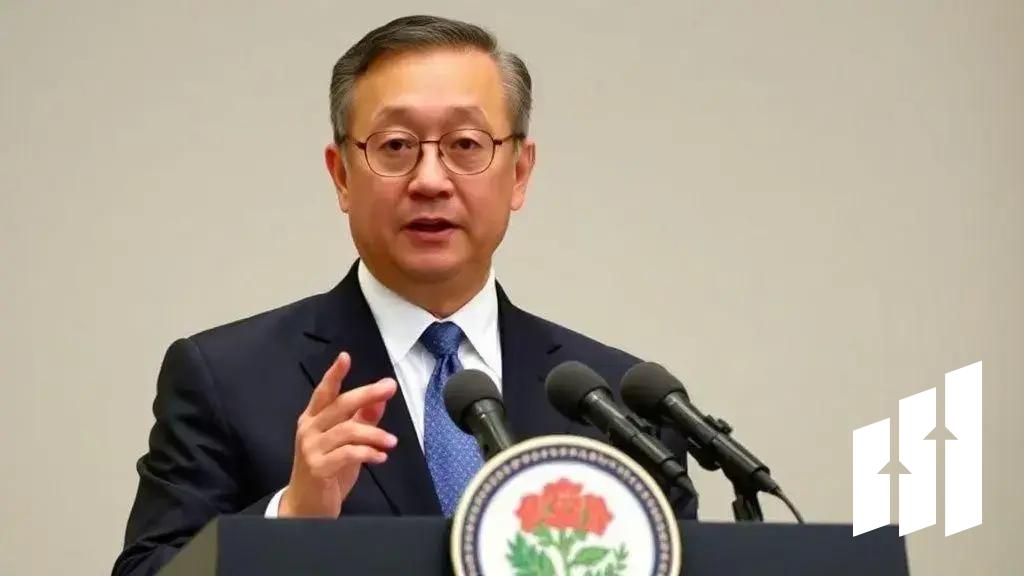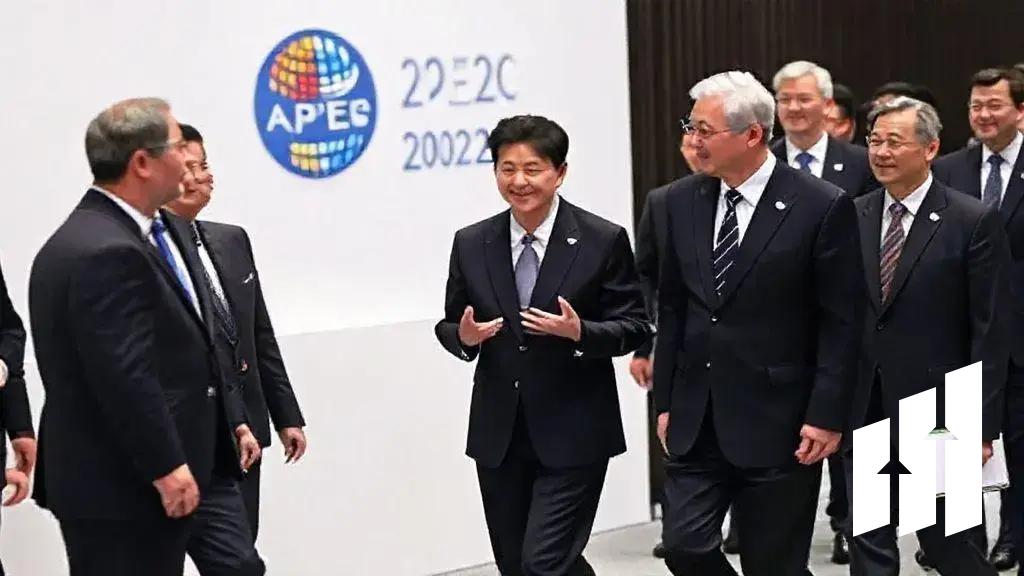The potential economic impacts of the H-1B visa fee are significant, as it may discourage companies from hiring skilled foreign workers. This could lead to a shortage of talent, affecting job availability and hindering business growth. Additionally, higher fees can slow innovation and overall economic progress. To adapt, businesses might need to invest in training local employees or explore other hiring options to bridge the skills gap.
The potential economic impacts of the new H-1B visa fee are significant for many businesses. This $100,000 fee could deter companies from hiring skilled foreign workers. Many employers rely on these professionals to fill critical roles in technology and other sectors.
Job Market Effects
Higher costs might lead some companies to limit hiring or even reduce their workforce. This can create a skills gap in the U.S. economy, weakening innovation and competitiveness. Moreover, smaller companies might struggle more than larger ones, as they often have tighter budgets.
Impact on Business Growth
Businesses that rely on H-1B workers may face slower growth. With fewer qualified candidates available, they may not be able to expand or serve their customers effectively. This can lead to missed opportunities and lower revenues.
Broader Economic Consequences
The potential reduction in skilled workers could affect the economy as a whole. Companies contribute to economic growth by investing and hiring, leading to more jobs and higher wages for Americans. Less skilled labor could slow down this progress.
Alternative Solutions
To address these challenges, companies may seek alternatives to the H-1B program. This could include investing in training domestic workers or exploring partnerships with educational institutions. These options can help bridge the skills gap and sustain business growth.
In summary, the potential economic impacts of the H-1B visa fee highlight the need for careful consideration and balance. The implications go beyond just individual businesses and affect the broader economy.
Conclusion
In conclusion, understanding the potential economic impacts of the H-1B visa fee is crucial for businesses and the overall economy. As companies face higher costs, it may become tougher to hire skilled workers from abroad. This can slow down growth and innovation, affecting jobs and economic health across the nation.
Businesses need to find ways to adapt, whether through training local workers or exploring different hiring strategies. By being proactive, companies can help ensure that they continue to thrive while also contributing positively to the economy. Overall, balancing the needs of businesses and the workforce will be key to maintaining a strong economy.
FAQ – Frequently Asked Questions about the H-1B Visa Fee and Economic Impacts
What is the H-1B visa fee and why is it important?
The H-1B visa fee is a cost imposed on companies hiring skilled foreign workers. It’s significant because it could deter businesses from employing talent essential for growth.
How might the new H-1B visa fee affect job availability?
The increased fee could lead some companies to hire fewer foreign workers, which may result in a shortage of skilled talent and fewer job openings.
What are the broader economic consequences of the H-1B visa fee?
Higher fees may slow down innovation and economic growth, as companies might struggle to find the necessary skilled workers to drive expansion.
Are there alternatives to hiring H-1B visa workers?
Yes, companies can invest in training local employees, collaborate with educational institutions, or explore other visa options to fill skill gaps.
How can businesses prepare for the changes brought by the H-1B visa fee?
Businesses should assess their workforce needs, consider training programs for current employees, and develop strategies to attract and retain talent.
What should I know about the H-1B visa process?
It’s important to understand the eligibility requirements, application process, and potential changes in regulations that could impact hiring practices.


 Hackers Targeting Freight Companies: A Growing Threat
Hackers Targeting Freight Companies: A Growing Threat  South Korea’s AI Investment: A Bold Step Towards Economic Transformation
South Korea’s AI Investment: A Bold Step Towards Economic Transformation  Xi Jinping and Lee Jae Myung Meet for Talks to Rebuild Relations
Xi Jinping and Lee Jae Myung Meet for Talks to Rebuild Relations  Why You Might Be Asked to Prove You’re Not a Robot
Why You Might Be Asked to Prove You’re Not a Robot  China’s Price Wars: The Involution Problem and Its Impact on Deflation
China’s Price Wars: The Involution Problem and Its Impact on Deflation  Growing Tensions Amid ICE Raid at Hyundai Plant in Georgia
Growing Tensions Amid ICE Raid at Hyundai Plant in Georgia